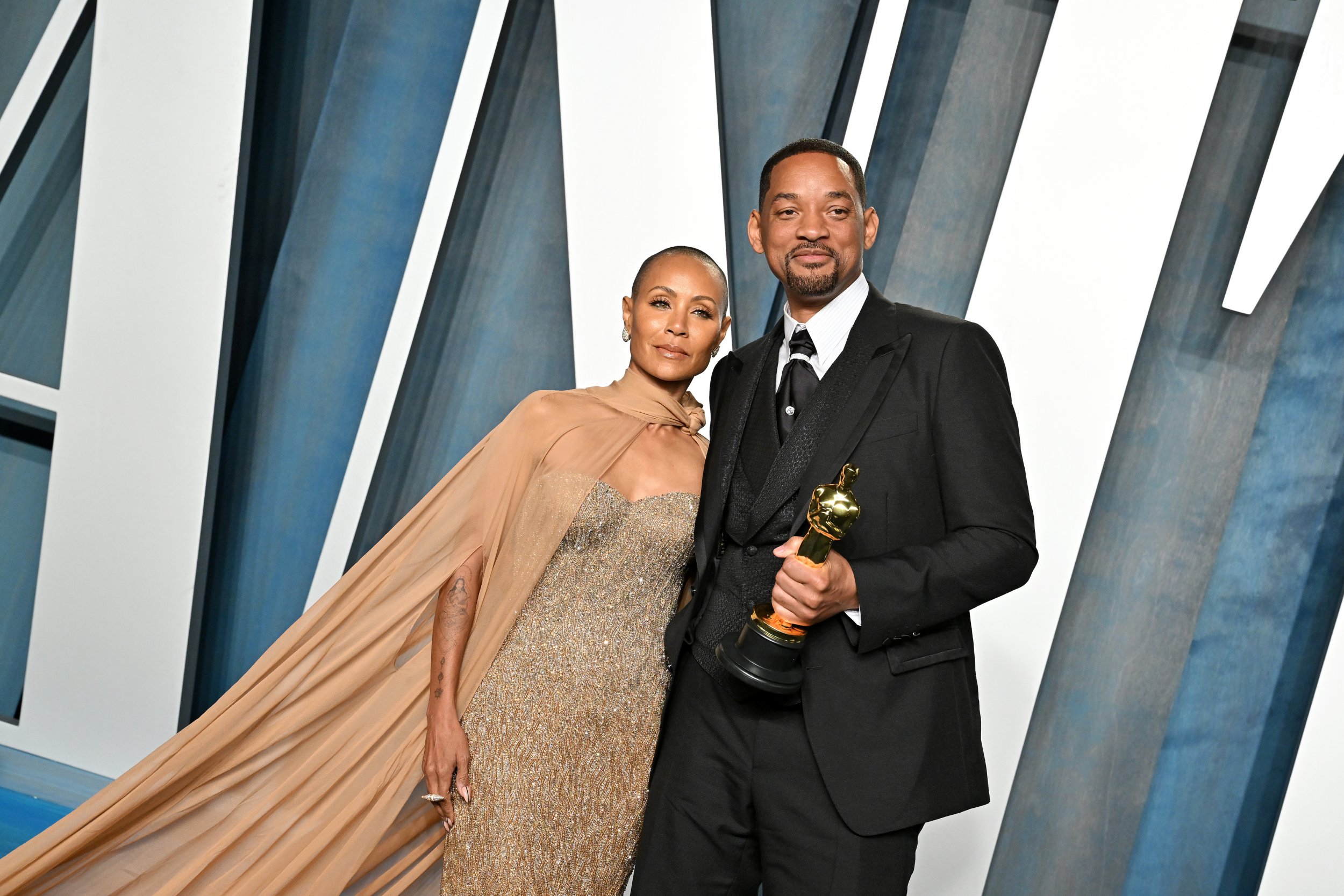Enough of the insults, let Will Smith’s Oscars fiasco signal the end of the comedy roast

The most remarkable aspect of Will Smith’s on-stage assault on Chris Rock at the Oscars on Sunday night is that something like this had never happened before. It is a tradition that hosts and presenters at awards ceremonies use their platform to, at best, poke fun at those in the audience and, at worst, insult, disparage, impugn, denigrate and humiliate them in a way that often takes one’s breath away.
It’s funny but cruel, and by most common standards, it is nothing short of bullying. On stage, and with a microphone in hand, a person is in a position of insuperable authority. Possession, in this instance, is ten-tenths of the law. Their victims are, literally, sitting targets, who have to take it all in good part. If they don’t, they are marked out as bad sports.
And so, those who Ricky Gervais insulted in his years of hosting the Golden Globes – that is, virtually everyone in Hollywood – and those who have been the butt of jokes at every awards evening from the Baftas to the Brits, and even at the annual White House Correspondents’ Dinner, have had to sit there and smile weakly in case the camera caught them visibly upset at the casually tossed jibe. Look at him! He can’t take a joke!
Interestingly, Smith’s immediate reaction to Rock’s (comparatively gentle) mocking of his wife’s buzz-cut hairdo was to follow protocol – he feigned amusement. He was only stirred to action when he saw that his wife, Jada Pinkett Smith, who suffers from alopecia, was discomfited by the personal remark.
Had he not got to his feet, risen to the stage and slapped Rock, and merely shouted from his seat “Keep my wife’s name out of your f**king mouth”, he would have earned nothing but approbation from his fellow professionals. How gallant, standing up for his wife. How courageous, standing up to a bully.
More from Opinion
But, as many have pointed out, violence can never be the answer. What no one is prepared to say, however, is that sometimes it is an unavoidable instinct. Smith has written about his mother suffering domestic abuse, and so, in an industry that is built on artifice, here was an authentic moment. The slap may have looked theatrical, but it was real and unrehearsed. And Rock’s lame excuse proves it. “Wow, dude,” he said, as Smith sat down again, “It was a GI Jane joke.” No, it wasn’t. It was a joke about his wife’s hair loss, and Smith later defended his actions by saying: “Love will make you do crazy things.”
There is no gainsaying that, but I wonder what Smith felt when he woke up the morning after. I hope he takes full responsibility for what happened, and while not seeking to defend the act of violence, he should, in the modern vernacular, “own” his behavior.
The casual but hurtful insult has become too much part of everyday discourse. We see it on Twitter all the time. We see it when politicians walk down the street and hear it at football grounds. We almost take it for granted. But it demeans society and is an impediment to reasoned argument.
Of course, we should not feel sorry for movie people, sitting in their finery and getting a mild ribbing from the stage. But the problem is that no one seems to know where to draw the line these days. At least Will Smith sought to do that.



